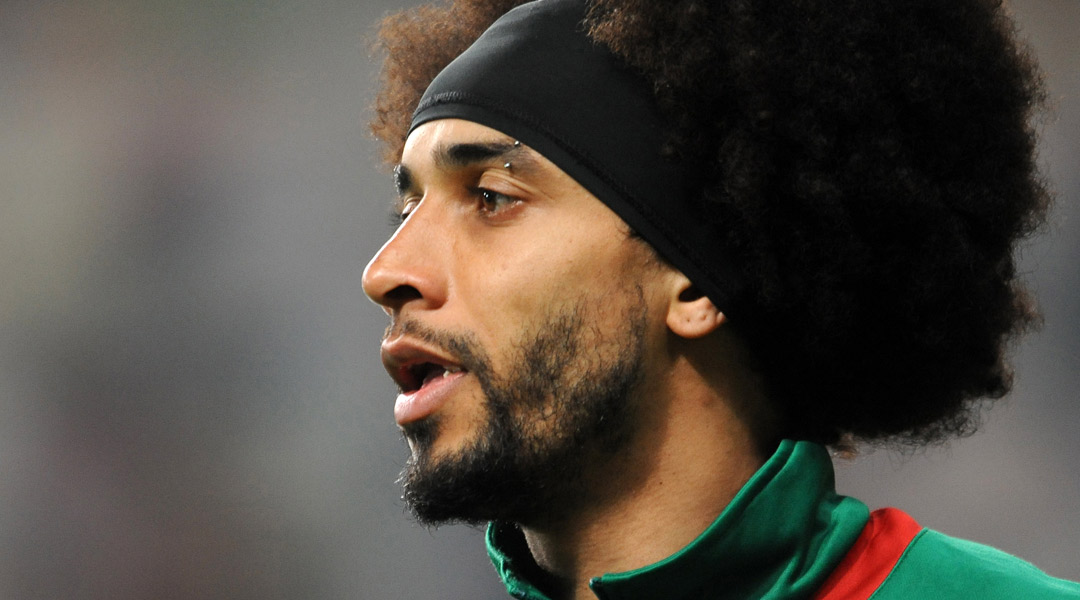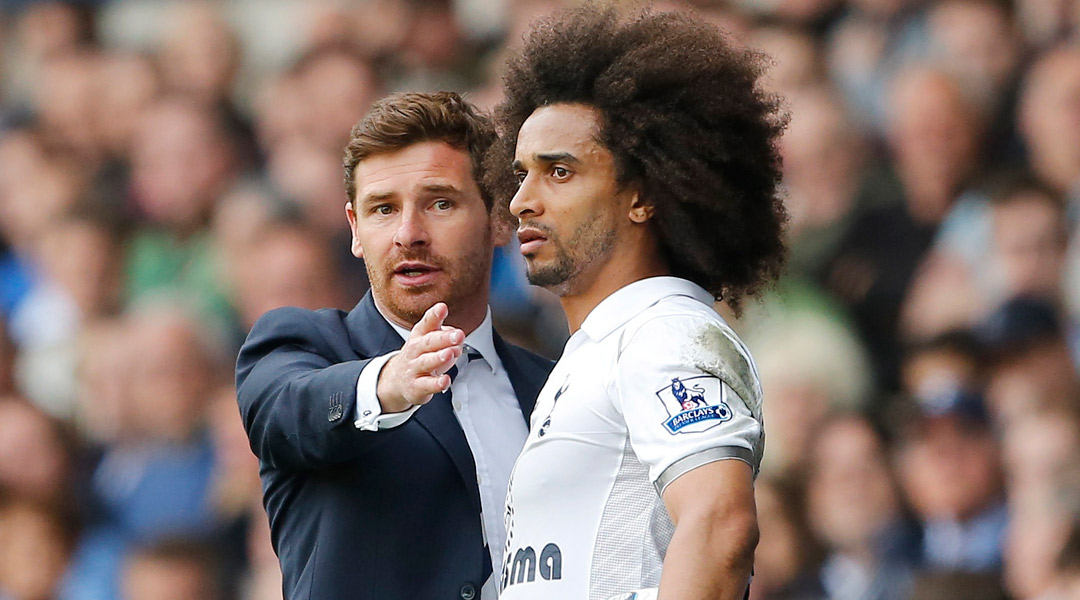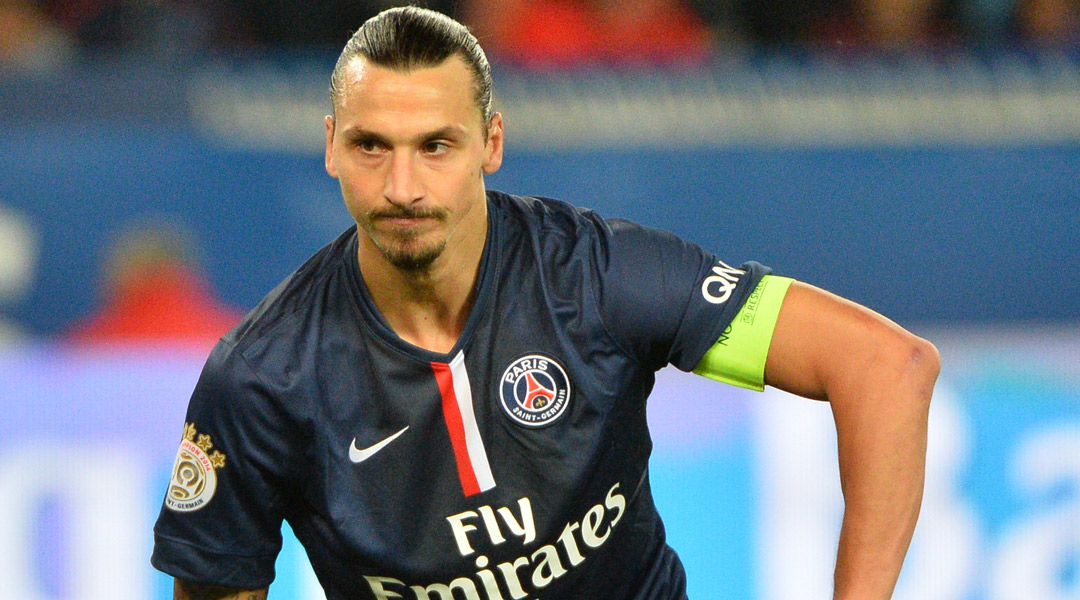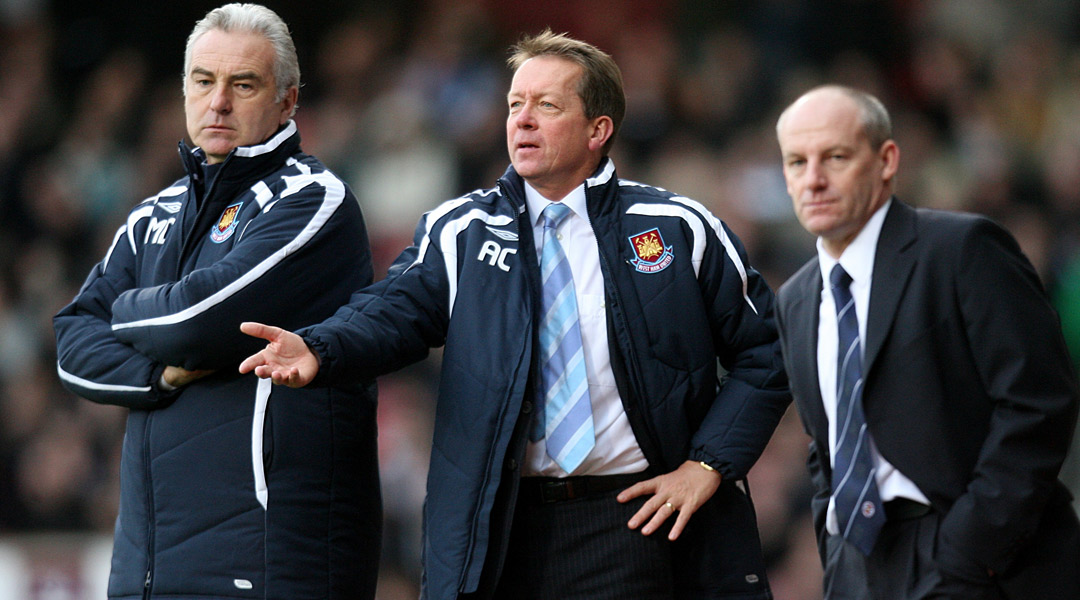Is playing football just a job? Why we shouldn't judge the stars by our own desires
Gary Hartley reflects on the oft-maligned figures who simply aren't taken by the (alleged) glitz and glamour of day-to-day football...

“We dream the same dreams,
We want the same thing ... ooh ...
And all that we need is to see it together”
-Belinda Carlisle
Oh, to transcend the humdrum of professional life to joyously live boyhood dreams, every damn day, getting paid handsomely for what is indisputably a privilege. What a thing, we all say, echoed by footballers aged 16-23 in misty-eyed media interviews. Like kittens given a new cloth mouse on a stick they are, and rightly so.
Of course, ageing sees a drift towards middle-upper management speak from our dream-living players: targets, setting an example, using their experience. But the joy’s still there, right? Yes, you can see it in the way their teeth grit in order to choke down an excited squeal when they pick up the man-of-the-match award from a corporate sponsor.
"I don't say that I hate football but it's not my passion. I arrive in the morning at the training ground at 10.30 and I start to be professional. I finish at one o'clock and I don't play football afterwards. When I am at work, I do my job 100%. But after, I am like a tourist in London. I have my Oyster card and I take the tube. I eat.”
-Benoît Assou-Ekotto

Hang on, this doesn’t sound right. In fact, this is definitely, definitely wrong. It’s all too familiar, déjà vu rather than lucid dreaming. All that’s missing is adding a grey supermarket sandwich and packet of cheese and onion crisps eaten at a desk.
Another day at the office
But things are changing, and whether for better or worse depends heavily on perspective. Breaking a taboo second only to homosexuality, a small number of trailblazers are outing themselves as... well, not really thinking The Beautiful Game is all that. Assou-Ekotto is the absolute poster boy for non-fan pros, prepared to take the fight for acceptance of this breed of public pragmatists. Others have shown their indifference by letting their silence do the talking.
Get FourFourTwo Newsletter
The best features, fun and footballing quizzes, straight to your inbox every week.
David Batty, hero in this writer's parts, is another take-it-or-leave-it merchant, preferring to tinker with motorbikes and not send in his CV for any punditry gigs whatsoever since retirement if he can help it. On reflection, he probably doesn’t have a CV at all.
While the vast majority of his career may have been played out with admirable commitment and professionalism, perhaps that penalty was the only slip of the game face, and an absolute disaster for someone looking to get their head down and stay out of the limelight – particularly the ugly shade of lime that follows England around.
That’s the thing. So many people go through life in slightly bitter indifference to their job yet, if not excelling at it, certainly giving a decent representation of high competence. Few have to perform in the face of heavy scrutiny and play a convincing role in the public’s kitchen sink dramas on top of this. This self-consciousness is not the stuff dreams are made of.

“Football is sh*t”
-Zlatan Ibrahimovic
A retrospective view of youthful petulance and absolutely nothing more, possibly. That explanation will certainly do for the purist Zlatan fanboys before they leave the office for five-a-side, refusing to track back for philosophical reasons.
Easier on the outside
Let’s put it out there: football can be a bit sh*t. It’s just possible we’ve all had that brief moment of enlightenment between two Super Sunday games and thought: “This isn’t all that good is it? Maybe there’s something better I could be doing out there?”
The greatest case for watching football in a stadium as opposed to the mediated viewpoint is the chance to be able to watch the dreams of other humans ebb and flow when the game itself is stuck on ebb, preventing too much thinking about Out There. Out There is scary.
Incidentally, if you’re looking for an account of football closely resembling the humdrum tensions of getting by in the ‘real world’, you can look no further than Zlatan’s autobiography. It’s chock-full of tales of restraining flare to deliver better statistics, callow drones in awe of pop-psych management psychopaths, power plays in meeting rooms and crying in the toilets. OK, throwing things in changing facilities, but same difference.
Even some managers seem to have decided that it’s not really worth the hassle. Arguably even more so than the players, bosses are expected to love the game so much as to be prepared to uproot and place themselves at the whim of increasingly short-termist money men.
Some, like Steve Coppell and Alan Curbishley, seem far from convinced that this is the way forward, preferring a bit of commutable consultancy work and probably deriving more snarky joy out of seeing their names appear in the betting for the latest mediocre vacancy than they ever did drawling the cliché of the office appraisal to cynics with microphones, every bloody week.

Sure, there’s an obvious financial incentive to reap the rewards of being good enough at football, or good enough at showing and telling others how to do it, but somewhere there is also a distinct whiff of self-sacrifice - to us, the fans, and us only. Give us what we want you to want as much as we would want. We fans are like those parents who aspire on behalf their children, pushing them towards Law School when they might really want to be a reclusive sculptor.
There's always a tendency among fans to look down on 'wasted talent' when a player doesn't achieve as much as they're anointed to. We bemoan bad attitude, commitment issues and all the rest, but this is just application of fans' own value judgements. Is judging the quality of the footballer’s life based on your own desires and prejudices, plus a hefty dollop of purely financial consideration, really all that fair? Where’s the humanity? And we say they’re the money-fixated ones.
Given we're all told to 'follow our dreams' there's a certain nobility in the football drop-out. To not dream the same dreams, want the same things in spite of the riches on offer to accept 80s pop self-realisation philosophies is a beautiful thing. Perhaps more than that, though, to be such a pro as to polish your craft to look like you’re on board with the collective dream in spite of not being that bothered about it either way, is even more strangely heroic.
